Equity release: should you tap your home for cash?
Equity-release products have a mixed reputation, and can offer poor value, says Sarah Moore. So, it's important to think carefully before making a decision.
Get the latest financial news, insights and expert analysis from our award-winning MoneyWeek team, to help you understand what really matters when it comes to your finances.
You are now subscribed
Your newsletter sign-up was successful
Want to add more newsletters?

Twice daily
MoneyWeek
Get the latest financial news, insights and expert analysis from our award-winning MoneyWeek team, to help you understand what really matters when it comes to your finances.

Four times a week
Look After My Bills
Sign up to our free money-saving newsletter, filled with the latest news and expert advice to help you find the best tips and deals for managing your bills. Start saving today!
Equity-release products have a mixed reputation. These schemes, which let older homeowners tap the equity in their houses to meet living costs, come in a few different forms. Typically, a borrower gets a lump sum or an income from a provider, backed by a loan against their home. This loan, plus accumulated interest, is paid back when the borrower dies or goes into long-term care, using the proceeds from the property's sale.
Unfortunately, equity-release products often have high interest rates or exit fees, meaning that they may offer poor value for money. Nevertheless, in principle they could help solve the pressing problem of funding retirement at a time when people are living longer while interest rates and annuity rates are falling. So it's no surprise that they are growing in popularity: equity-release lending grew 21% in the first quarter of this year, according to the Equity Release Council, an industry association.
So the news that Nationwide, Britain's second-largest mortgage lender, plans to enter the equity-release market could be an important step in taking these schemes into the mainstream. Nationwide is developing a "clear, simple, safe and secure way" to offer equity release, CEO Joe Garner told The Times. The product, which is still under development and does not have a launch date, will have "a decent fixed interest rate without access charges or penalties and a no-negative-equity guarantee so that ultimately you never end up being repossessed", according to Chris Rhodes, the group's retail director.
MoneyWeek
Subscribe to MoneyWeek today and get your first six magazine issues absolutely FREE

Sign up to Money Morning
Don't miss the latest investment and personal finances news, market analysis, plus money-saving tips with our free twice-daily newsletter
Don't miss the latest investment and personal finances news, market analysis, plus money-saving tips with our free twice-daily newsletter
Nationwide's clout means that whatever it launches could shake up the market. In the meantime, if you are considering an equity-release product, be aware that any schemes that are offered by providers that are members of the Equity Release Council should at least carry a "no-negative-equity guarantee".
This means that if the value of the loan is ultimately worth more than the resale value of the property, the homeowner or their estate will not be left in debt. And we'd urge anybody thinking about equity release to take independent advice, and to think carefully whether it might be better to free up cash by downsizing instead.
If you’d like to find out how much equity you could release from your home, or to find out more about equity release in general, visit our partners, UK Experts Online, for a free report.
Get the latest financial news, insights and expert analysis from our award-winning MoneyWeek team, to help you understand what really matters when it comes to your finances.
Sarah was MoneyWeek's investment editor. She graduated from the University of Southampton with a BA in English and History, before going on to complete a graduate diploma in law at the College of Law in Guildford. She joined MoneyWeek in 2014 and writes on funds, personal finance, pensions and property.
-
 Should you buy an active ETF?
Should you buy an active ETF?ETFs are often mischaracterised as passive products, but they can be a convenient way to add active management to your portfolio
-
 Power up your pension before 5 April – easy ways to save before the tax year end
Power up your pension before 5 April – easy ways to save before the tax year endWith the end of the tax year looming, pension savers currently have a window to review and maximise what’s going into their retirement funds – we look at how
-
 Nationwide promises to protect all its branches from closures until at least 2030
Nationwide promises to protect all its branches from closures until at least 2030The building society has extended its pledge to keep all high street Nationwide and Virgin Money branches open, now until at least 2030.
-
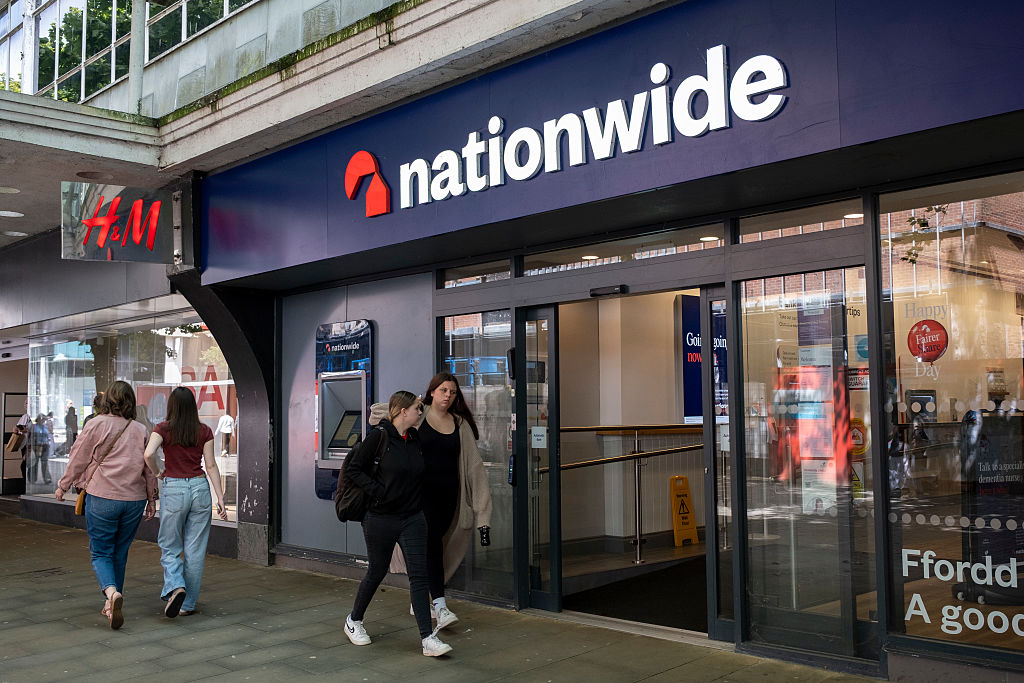 Nationwide Building Society launches £175 switching deal – who is eligible?
Nationwide Building Society launches £175 switching deal – who is eligible?Nationwide Building Society has launched a new current account switching deal. We look at whether you are eligible, and how to get the free cash.
-
 Green mortgages: how do they work and how much can you save?
Green mortgages: how do they work and how much can you save?Most high-street lenders now offer some kind of green mortgage deal. We look at who’s eligible, how to apply and the mortgage rates and cashback on offer
-
 Thousands of Brits switch to Nationwide, Monzo and NatWest – which banks are least popular?
Thousands of Brits switch to Nationwide, Monzo and NatWest – which banks are least popular?We look at the most and least popular banks and building societies as current account bank switches reach a record high. Is it worth moving your money?
-
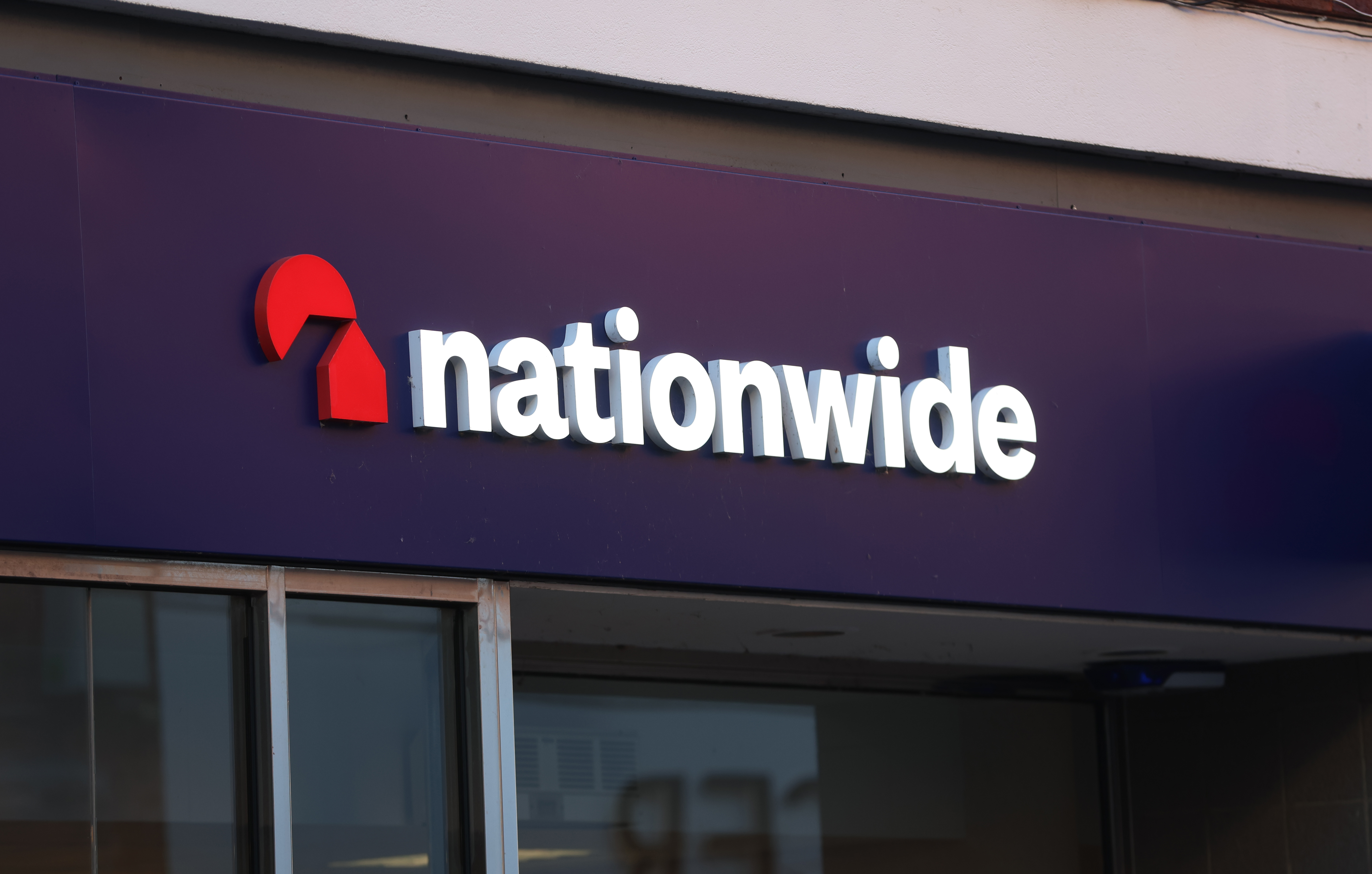 Did you get the £100 Nationwide bonus? Here’s how to check
Did you get the £100 Nationwide bonus? Here’s how to checkNationwide finished paying its £100 Fairer Share bonus last week. We explain what to do if you didn’t get it but think you’re eligible
-
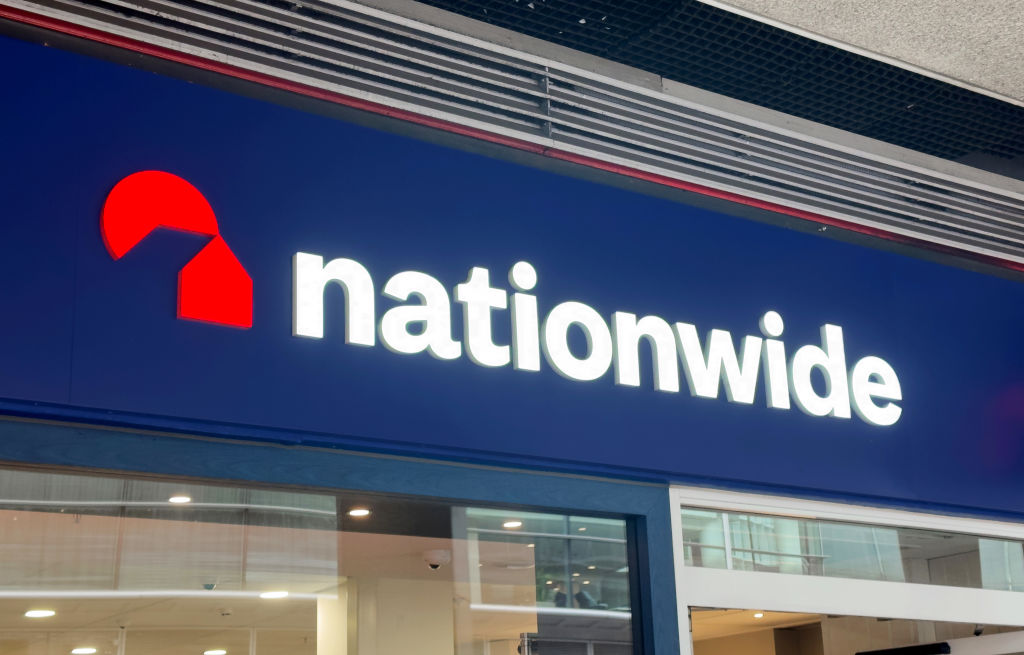 Nationwide to pull its £175 switching bonus - act now to get offer
Nationwide to pull its £175 switching bonus - act now to get offerThe building society is withdrawing its bank switching offer at the end of the month, after gaining thousands of customers last year. We explain how to qualify for the current account switching bonus
-
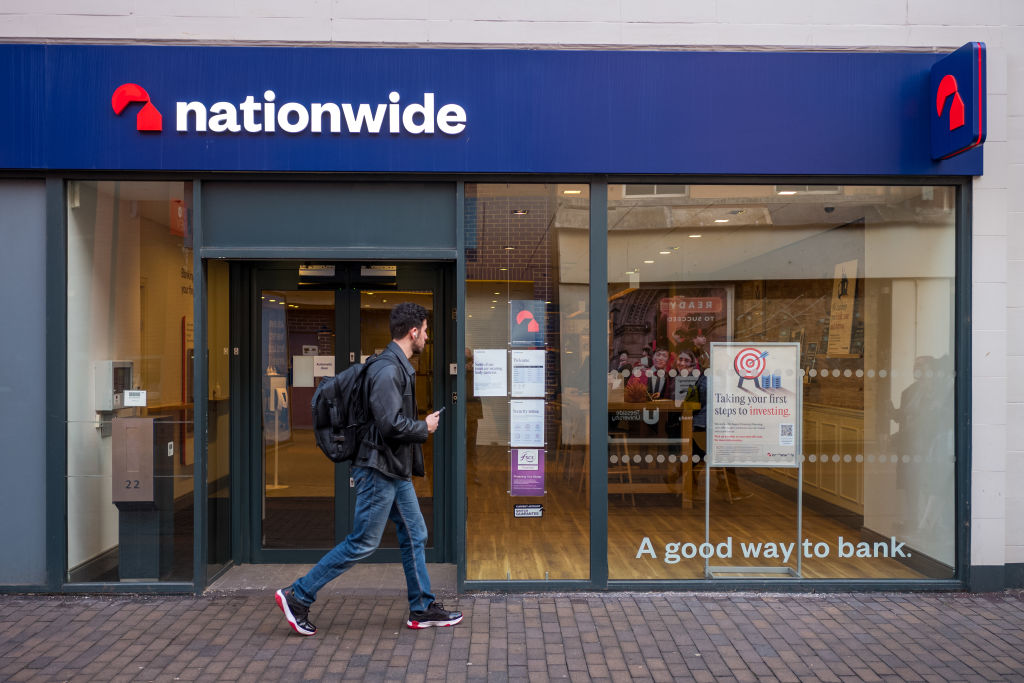 My 8% Nationwide regular saver has matured - what are my options?
My 8% Nationwide regular saver has matured - what are my options?Nationwide’s popular 8% account has matured for savers. Should you stick with the building society or move to a competitor?
-
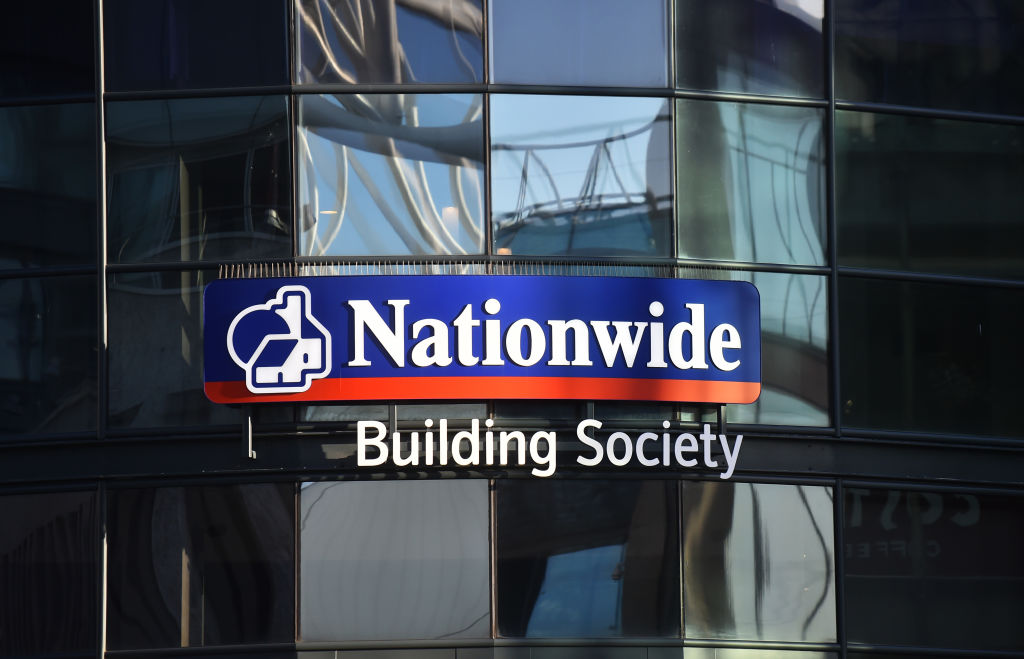 Nationwide launches £175 bank switch offer plus extra perks - how can you get the switching bonus?
Nationwide launches £175 bank switch offer plus extra perks - how can you get the switching bonus?News Nationwide’s new bank switch offer has come alongside a revamp of its Flex current account range, with a new cashback deal and an interest-free buffer on overdrafts. Here’s how to get the £175 switching bonus.